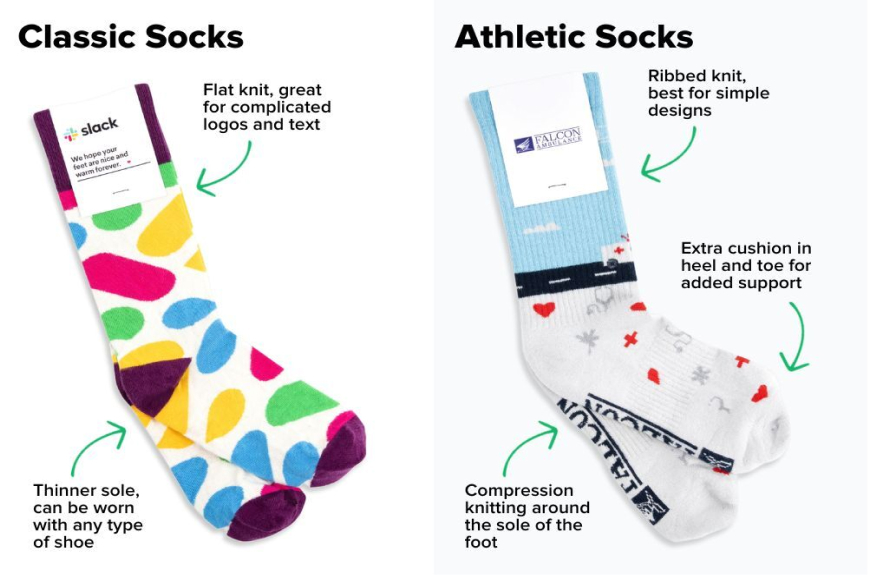Compression socks have become increasingly popular among athletes, travelers, and healthcare workers. While their benefits for circulation and muscle recovery are well-documented, many people wonder about their impact on heart rate. Today, we'll explore the relationship between compression socks and heart rate, examining both scientific evidence and practical implications.
How Compression Socks Work
Compression socks apply graduated pressure to your legs, with the highest compression at the ankle that gradually decreases up the leg. These specialized materials and knitting techniques create the perfect amount of pressure to improve blood flow in your lower extremities.
The Heart Rate Connection
When you wear compression socks, they assist your veins in pushing blood back up toward your heart. This mechanical advantage can actually help reduce the workload on your heart, potentially leading to a slightly lower resting heart rate. According to cardiovascular health experts, this improved circulation can be particularly beneficial during periods of prolonged sitting or standing.
Benefits Beyond Heart Rate
While the effect on heart rate might be subtle, compression socks offer numerous other advantages. Athletic compression socks can enhance performance and recovery by reducing muscle fatigue and preventing swelling. The key is finding the right length and fit for your specific needs, which you can learn more about in our comprehensive sock length guide.
Safety Considerations
It's important to note that while compression socks are generally safe, they're not for everyone. Medical professionals advise that people with certain circulatory conditions should consult their healthcare provider before using compression socks, as improper use could potentially cause complications.
Wrapping Up
While compression socks may have a modest impact on heart rate through improved circulation, their primary benefits lie in reducing leg fatigue, preventing swelling, and supporting overall vascular health. Whether you're an athlete, frequent traveler, or someone who stands all day, understanding how compression socks work can help you make informed decisions about their use in your daily routine.


